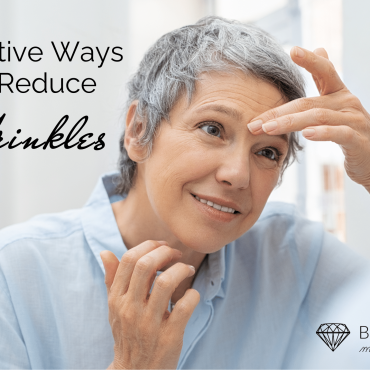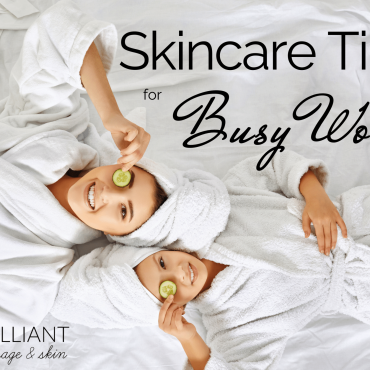Rosehip Oil Benefits for Skin Care


Rosehip seed oil is rich in linolenic acid and provitamin A, which degrade when the oil extraction process involves heat. While cold-pressed extraction is complex, it preserves the quality of this important oil, which has been shown to reduce signs of photo-aging and many other skin conditions. This ingredient is completely unrefined and imparts a natural scent partly due to its high omega fatty acid content. Its scent does not indicate rancidity – rose hip seed oil that does not have a scent is refined and offers reduced benefits.
Good News, the properly prepared oil contains provitamin A (mostly beta-Carotene). It contains levels (up to .357 mg/L) of tretinoin or all-trans retinoic acid, a vitamin A acid that retinol converts to.
Researchers have tested the efficacy of topical rose hip seed oil and an oral fat-soluble vitamin on different inflammatory dermatitis such as eczema, neurodermatitis, and cheilitis, with promising findings of the topical use of rose hip seed oil on this inflammatory dermatosis. Due to its high composition of UFAs and antioxidants, rose hip oil has relatively high protection against inflammation and oxidative stress.
Research on rosehip oil has shown that it reduces skin pigmentation, discoloration, acne lesions, scars, and stretch marks, retains the skin’s moisture, and delays wrinkles’ appearance. Cosmetologists recommend wild rose seed oil as a natural skin vitaliser.
Unlike rose oil, which comes from rose petals, rosehip oil (aka rosehip seed oil) is pressed from the fruit and seeds of a rose bush. And thanks to its high concentration of nourishing vitamins and essential fatty acids, the number of rosehip oil benefits is unlimited.
No one wants dry, flaky skin, which is something you can completely avoid by using just a little bit of natural rosehip seed oil every day. Because it contains 80 percent fatty acids (omega 6 and omega 9), adding a few drops of the oil to your skin once in the morning and once at night will help with dehydrated, itchy complexions. Before you get nervous at the thought of putting oil all over your face, rosehip oil is what’s known as a dry oil. In rosehip, essential fatty acids (more specifically, linoleic and alpha-linoleic acids) come in the form of lightweight, fast-absorbing oil, so you get all the nourishing benefits without any greasiness.
Rich in Vitamin A, which is known to help fight against age spots and wrinkles, rosehip oil is great for anti-aging. It’s also packed with small molecules penetrating deep skin layers, improving moisture and collagen levels while reducing wrinkles and fine lines.
The fatty acids and Vitamin A in rosehip oil moisturize the skin, promote skin regeneration, and improve skin flexibility and permeability. This means that rosehip oil products can improve skin texture and even reduce the appearance of acne scars or stretch marks.
Rosehip oil is good for your face and can also benefit your hair and skin affected by eczema. Check out these other rosehip oil products to reap the benefits of this naturally hydrating and illuminating beauty secret.
It goes well with Bakuchiol 🙂
https://jolitabrilliant.com/product/brilliant-bakuchiol-organic-retinol-alternative-usda-certified/
Bakuchiol Serums- Retinol alternative


